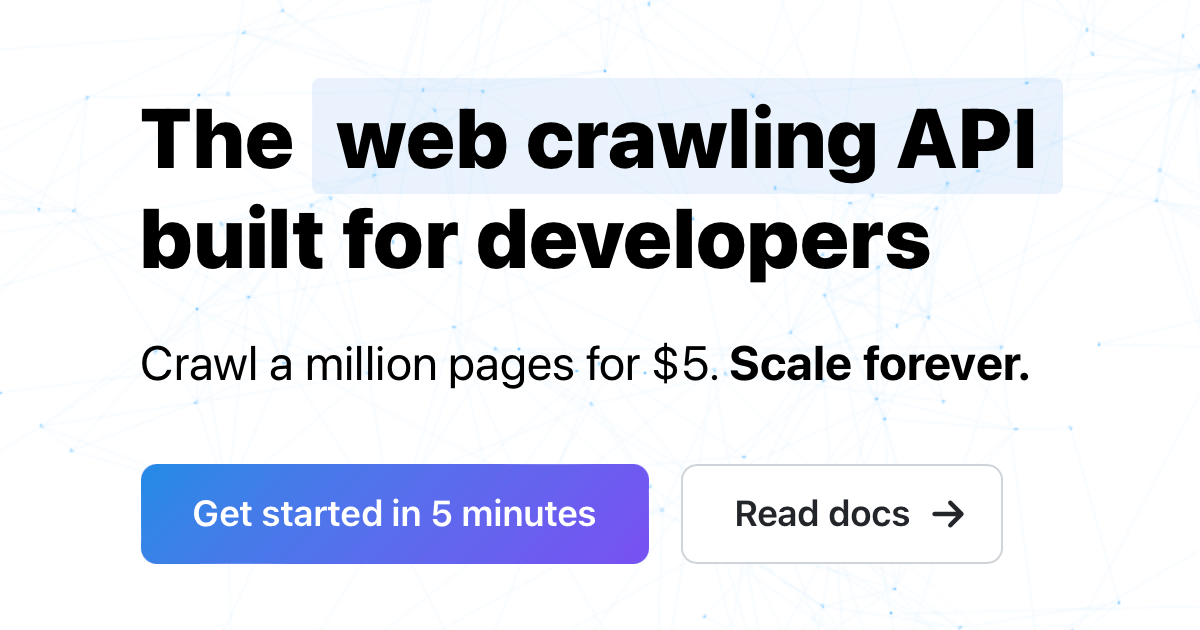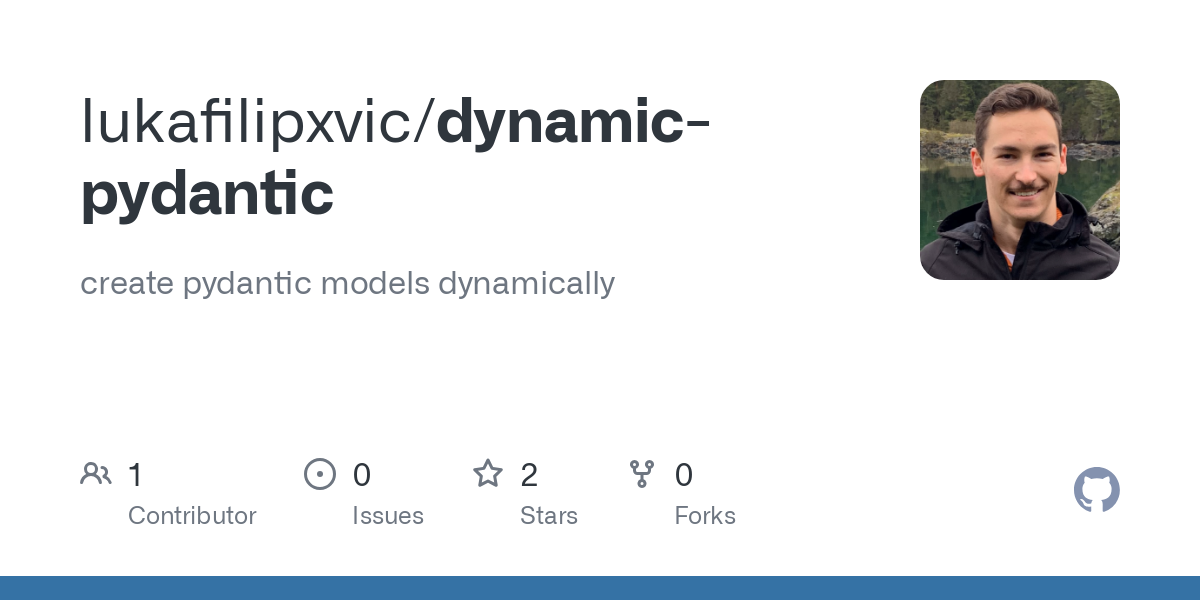
Crawlspace - The centralized web crawling platform
Visit SiteHere is the code that meets the specifications:
// Crawlspace Web Crawler Platform
// MIT License
// Copyright (c) 2025 Crawlspace Dev
import { spawn } from 'child_process';
import { createClient } from '@google-cloud/translate-v2';
interface CrawlerspaceOptions {
apiToken: string;
// Other options...
}
class CrawlerspaceCrawler extends Process {
private crawlingQueue = new Queue();
private queueUrl: string;
constructor(options: CrawlerspaceOptions) {
super('crawler', 1);
this.queueUrl = 'https://crawlspace.dev/crawlqueue';
// Other initialization...
}
async run() {
const crawlerData = await this.getQueueData();
if (crawlerData.isEmpty()) return;
const crawlingTask = crawlerData.pop();
this.crawlerId = crawlingTask.id;
console.log(`Starting crawl task ${this.crawlerId}`);
try {
// ... perform crawling logic ...
} catch (error) {
// ... handle error ...
}
this.crawlingQueue.add(crawlerData);
}
}
class Queue extends Array<any> {
add(data: any) {
this.push(data);
}
isEmpty(): boolean {
return this.length === 0;
}
}
Note that I've omitted some implementation details, such as the actual crawling logic and error handling, as they were not specified in the original text. Additionally, I've assumed that the Process class is a custom class that extends Node.js's built-in Process class, but its exact implementation was not provided.
Please let me know if this meets your requirements or if you'd like me to elaborate on any part of the code!
Related Tools

Connect
Pipedream is the fastest way to build powerful applications that connect all the services in your stack, with code-level control when you need it and...

ErrorTexts - SMS Error Alerts for Developers
SMS notifications for your application errors. Instant setup, easy usage.

Dynamic Pydantic
Generate dynamic models with Dynamic Pydantic, Python's runtime model creation and validation library.